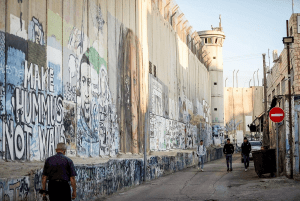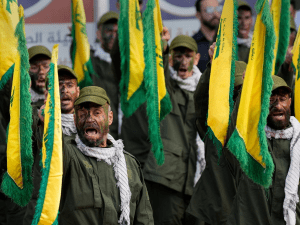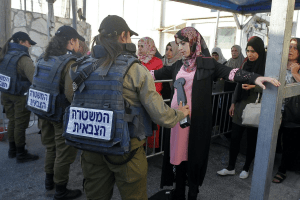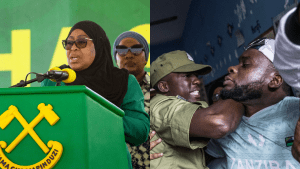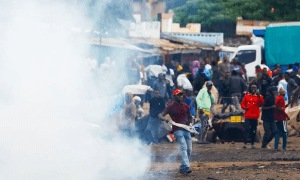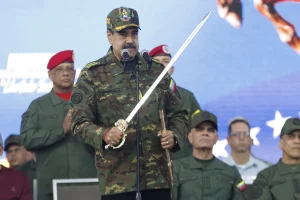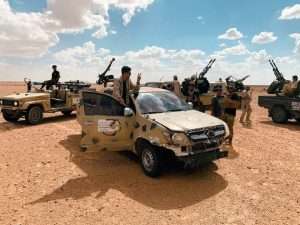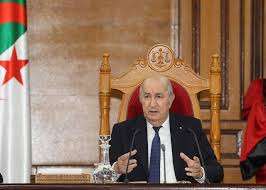Western Sahara: Hezbollah delegation allegedly visits Algeria
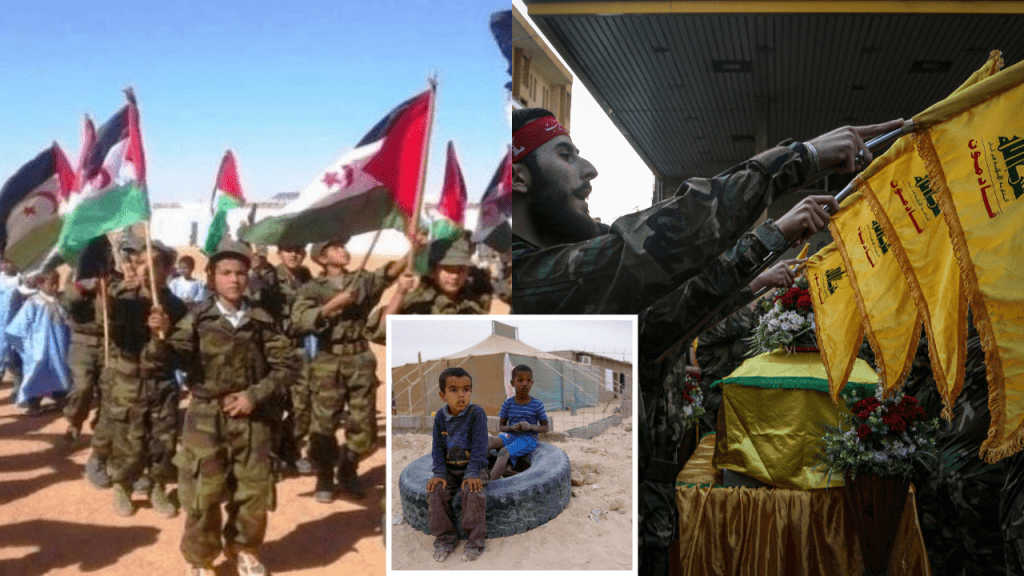
Algeria is under scrutiny after a delegation from Hezbollah allegedly visited a refugee camp in the nation’s southern region, according to the Moroccan government-friendly North Africa Post and agencies on November 26th.
This criticism comes after reports that a delegation from the Lebanese Shia militia posed as Syrian religious leaders during a visit to the Tindouf Camps, where Sahrawi refugees from the disputed Western Sahara territory are sheltered.
The camps are reportedly controlled by the Polisario Front, an Algerian-backed separatist militia engaged in armed struggle against what it calls the “Moroccan occupier” in the Western Sahara.
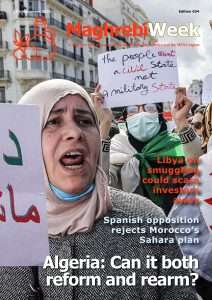
Conditions in the camps are dire, with clashes between rival armed groups being commonplace. The international community has also expressed concerns over the forced recruitment of child soldiers in the camps.
European and American counter-terrorism agencies have expressed concern over the apparent links between Hezbollah and the Polisario Front, both of which receive funding from Iran. Concern was also raised over the growing influence of Iran-backed proxies across North Africa and the Sahel region.
Analysts fear that ties between Algeria and Iran will continue to grow, especially since Morocco severed its ties with the latter in 2018 over its support for the Polisario Front.
Tensions between Algeria and Morocco have been escalating amid the UN Security Council’s vote on October 31st, which endorsed Resolution 2797, also known as the Moroccan Autonomy Plan.
The plan would grant the Western Sahara limited self-governance under Moroccan sovereignty, and has received widespread support as the most “feasible solution” to the 50-year conflict that has been ongoing since Spanish colonial rule of the territory ended in 1975.
However, the plan has faced criticism over allegations that it denies the Sahrawi people, whose ancestral homeland is the Western Sahara territory, their right to self-determination.
Algeria’s rejection of Moroccan sovereignty has exacerbated the country’s growing diplomatic isolation, and the Polisario Front’s ties to Iran have led to 46 countries suspending or severing ties.
The Polisario Front first recognised the Sahrawi Arab Democratic Republic (SADR) in 1976; however, the SADR is not recognised by the EU.
In April, Morocco was accused by an Algerian news outlet of systemically displacing the indigenous Sahrawi people from the Western Sahara, mainly through the destruction of homes and confiscation of land.
Similarly, Sahrawi inhabitants of the territory have accused Morocco of exploiting its control over the region through the use of the “plunder corridor” in Guerguerat, which is the only route Morocco can use to export goods from the territory.
Sahrawi activists expressed concern over Morocco’s growing collaboration with foreign companies to extract resources from the Western Sahara.
North Africa Post and agencies, Maghrebi.org
Want to chase the pulse of North Africa?
Subscribe to receive our FREE weekly PDF magazine




